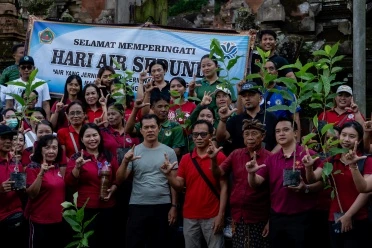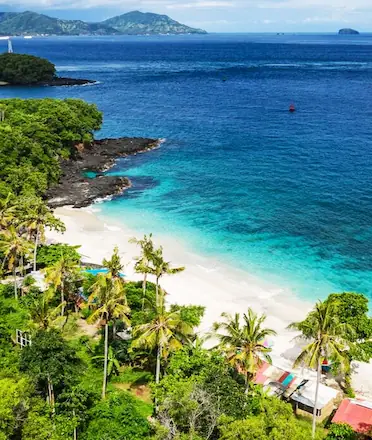As Indonesia faces a surge in natural disasters—from volcanic activity to weather-related emergencies—immigration authorities are tightening and refining visa regulations to help tourists navigate unexpected travel disruptions. Bali, the country’s tourism crown jewel, is among the key destinations impacted by these updates.
Immigration authorities are tightening and refining visa regulations to help tourists navigate unexpected travel disruptions
Indonesia’s Directorate General of Immigration has rolled out new procedures and reinforced existing policies to manage foreign visitors caught in unforeseen crises, including delayed departures and canceled flights due to emergencies. At the heart of these changes is the Emergency Stay Permit, a critical provision that allows stranded travelers to legally remain in the country beyond their original visa terms.

Visa Entry Rules: What Has Changed?
Indonesia requires all foreign nationals to either obtain a visa or register under a visa exemption program to enter the country. In a significant update, only 15 countries now qualify for visa-free entry for up to 30 days. These include ASEAN neighbors like Malaysia, Singapore, and Thailand, as well as select nations such as Brazil, Colombia, and Turkey.
All other travelers—more than 90 nationalities—must secure a Visa on Arrival (VoA) or eVisa on Arrival (eVoA). This visa costs IDR 500,000, is valid for 30 days, and is extendable once for an additional 30 days via a newly introduced Hybrid Application System. Importantly, the VoA and eVoA are strictly time-bound, and immigration authorities have ramped up enforcement against violations.
Emergency Stay Permits: A Safety Net for Tourists
Despite proper visa planning, travel complications can arise suddenly—especially in a country like Indonesia, where natural disasters are frequent and unpredictable. The new policy updates emphasize a safety net for such situations: the Emergency Stay Permit.
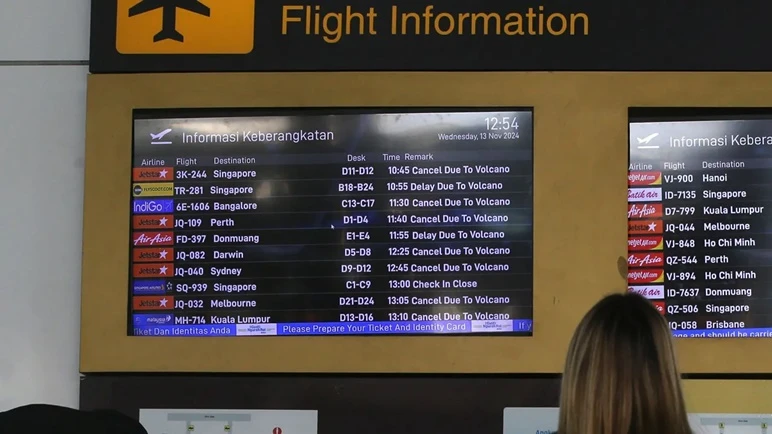
This permit offers legal protection for tourists unable to leave the country due to flight cancellations, natural disasters, health crises, or other verified emergencies. It is valid for up to 30 days and can be extended once for another 30 days if the emergency persists. Crucially, the Emergency Stay Permit is issued free of charge, and holders are exempt from overstay penalties during its validity.
To apply, travelers must take swift action at the airport if their flight is canceled after being stamped out by immigration. The departure stamp will be annulled manually or digitally by checkpoint officers, and the traveler must then immediately coordinate with immigration and submit supporting documents from the airline or airport authority. In Bali, applications are handled by the Ngurah Rai or Denpasar Immigration Offices.
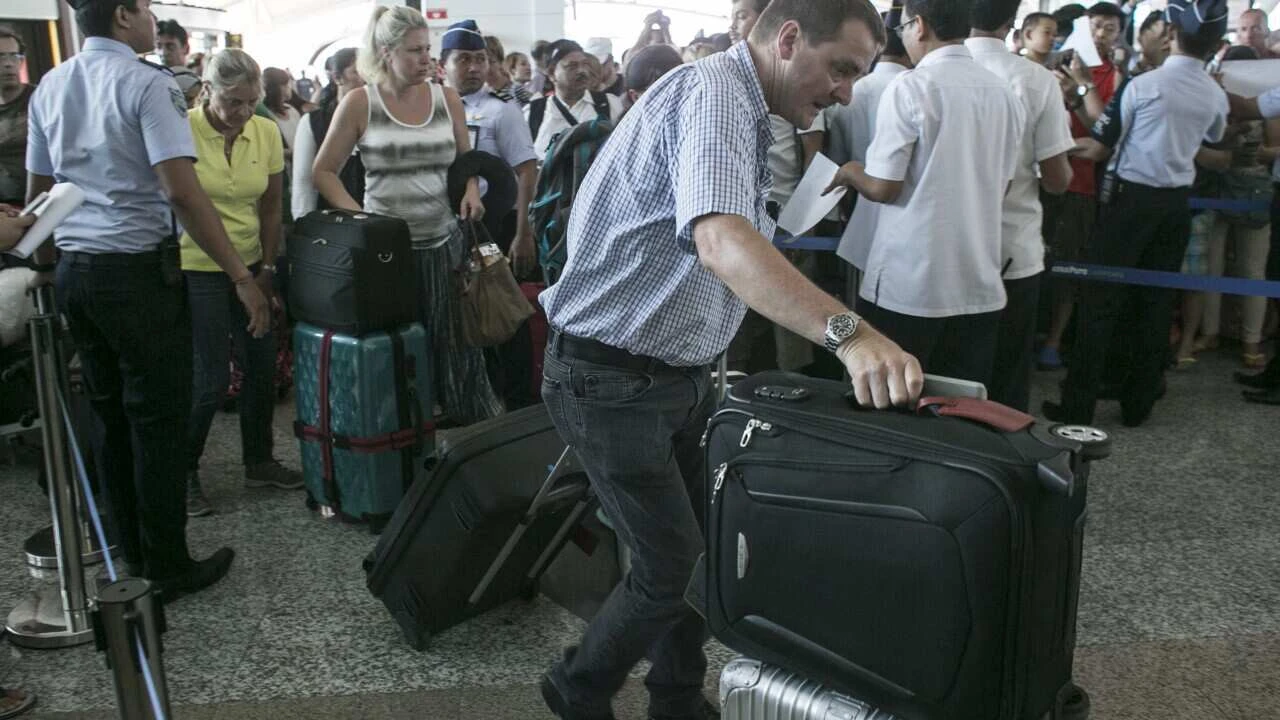
Fast-Changing Regulations
Indonesia’s immigration landscape is changing fast, often with policy shifts announced just 24 to 48 hours in advance. Travelers are expected to stay informed and comply with the latest regulations—even if those rules are introduced after their arrival in the country.
Immigration authorities have encouraged all visitors to monitor official sources, particularly the Indonesia Immigration social media accounts, which provide timely updates and alerts. Non-compliance, even due to lack of awareness, is not a valid excuse under Indonesian law.
What This Means for Bali Visitors
Bali remains a world-class destination, but travelers must now approach their trip with heightened awareness. Understanding visa requirements, preparing for extensions, and knowing how to respond in emergency scenarios is no longer optional—it’s essential.
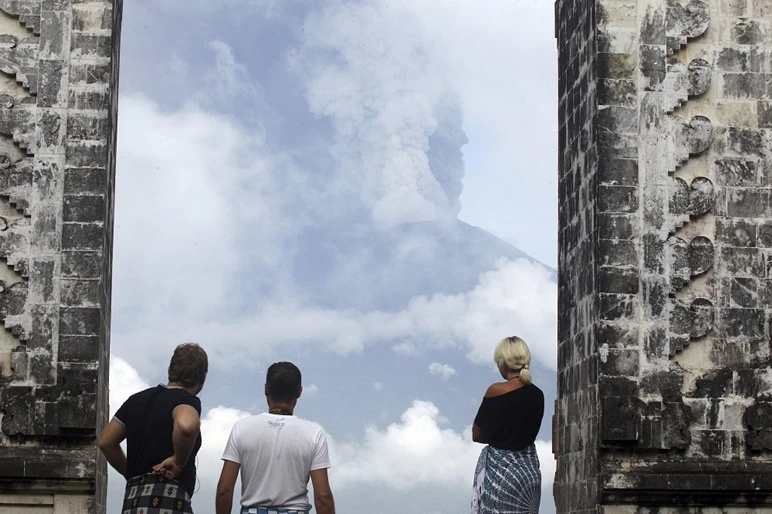
The new Emergency Stay Permit is a welcome relief for responsible travelers who find themselves at the mercy of the elements. However, it also highlights a broader trend in Indonesian policy: strict enforcement and minimal tolerance for overstays or administrative violations.Emergency Stay Permit: Indonesia’s Visa Solution for Natural Disasters



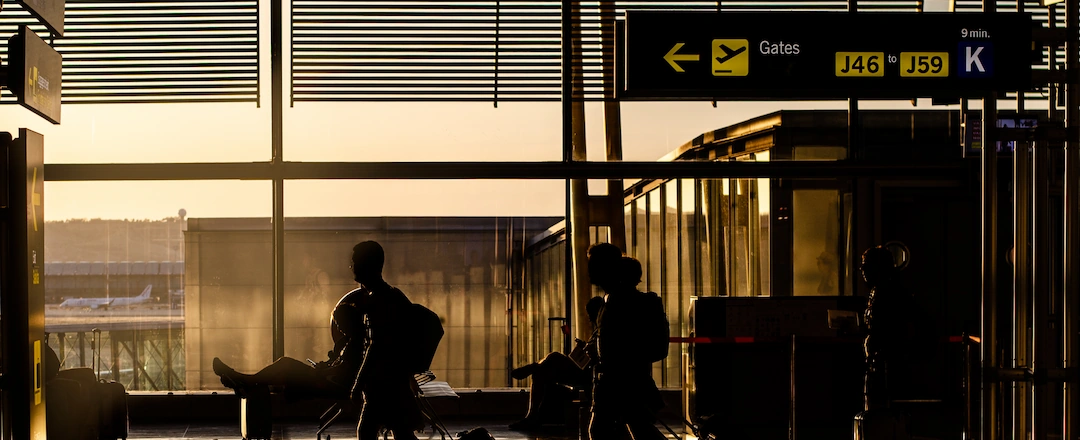
 Billy Bagus
Billy Bagus
 Jul 17, 2025
Jul 17, 2025


